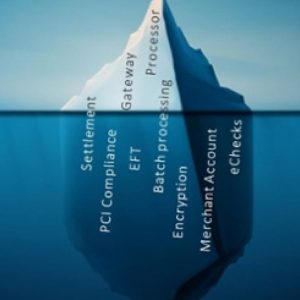Five MORE Terms About Online Payments You Should Know
 Last week, we told you about five terms you should know if planning to take online payments. That’s related to training and class registration software, or for any other reason. Those five terms are just scratching the surface, so here are five more online payments terms worth becoming familiar with.
Last week, we told you about five terms you should know if planning to take online payments. That’s related to training and class registration software, or for any other reason. Those five terms are just scratching the surface, so here are five more online payments terms worth becoming familiar with.
6. PCI Compliance
The intent of the Payment Card Industry Data Security Standard (PCI DSS) is to make sure everyone involved in the process meets a high level of security. That includes providers like Learning Stream, payment gateways, processors, and anyone who accepts credit cards.
7. Encryption
This is an important part of PCI compliance and payment processing in general. Before credit card data is sent on its way after it is submitted, it is scrambled so scalawags cannot read it if they try to intercept online payments. Once the data reaches its intended destination, it can be decrypted.
8. Payment settlement
Once the bank/financial institution that issued the credit/debit gives the green light, the merchant will receive the money for the transaction (paying for a class, for example). When the balance is deposited in the merchant account, it has been settled. The amount of the settlement will be minus various processing and flat fees that are charged by the host of entities involved in the transaction along the way.
9. Batch processing and fees
When a merchant takes credit card payments, they do not settle them individually or immediately. This usually happens at the end of the day for all transactions that occurred that day. Processors apply batch fees, which is a small charge for each batch of transactions settled. These fees may also be called settlement fees, daily closeout fees, or batch header fees. They all refer to the same process.
10. CH, EFT and eChecks
These three terms are often used as though they mean the same thing. They are close, but they are not exactly synonymous. ACH stands for Automated Clearing House, which is an electronic network of financial exchanges. The movement of money (or numbers representing money rather than physical cash) within the ACH is an Electronic Funds Transfer (EFT). Customers who pay by eCheck, like those who pay for training, are performing a specific type of EFT.
There. Now you know more than 99.97% of the world about online payment processing. If you have questions, comments, or would like to know more about registration software, please contact us.
